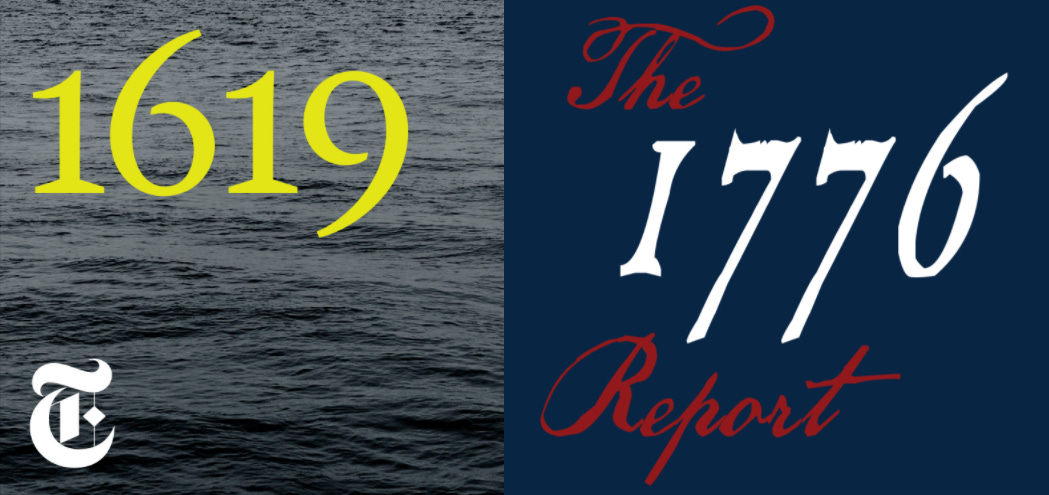One of the themes that we embraced last week in the professional development workshop that I helped run in D.C. is the importance of broadening the historical narrative to include more voices. We did this through lectures and at historic sites in around the city. Such an approach helped to broaden the story of Reconstruction and helped our teachers think more carefully about current debates surrounding Civil War memory.
Much of the ongoing debate surrounding Confederate monuments, for example, is about acknowledging a history—mainly of African Americans—that has long been ignored, minimized, and mythologized.
As a historian and educator I value this more inclusive narrative for a number of reasons. For one it offers a wider demographic of Americans the opportunity to see themselves as part of the American story. Adding more voices complicates our history in important ways; it raises new questions that our students can research; and it offers new perspectives on key events.
But with the broadening of the narrative, I sometimes wonder if we are steadily moving away from the possibility of a shared narrative. I am certainly not the first person to express this concern, but it is worth considering given the current debate about history education and its politicization. I believe both are important for our students’ ability to properly interpret American history and for our civic discourse, particularly at this moment in time.
Make no mistake, I am not making a naive plea for the “good old days” when a consensus narrative dominated public schools and popular memory during the post-WWII era. That narrative was product of the Cold War and a need to maintain national unity among white Americans, which it failed to do. I am confident that students today know far more and understand American history far better than their grandparents because that consensus story has been rejected.
Individual stories, however, don’t construct themselves into a larger narrative. It takes a certain imagination, care, and recognition that the story is complex and doesn’t unfold in a neat linear manner. It’s messy, but I am convinced that there are important lessons about the history of the United States that can only be learned and my hope is that such a narrative can help us to begin once again to find common ground.
Unfortunately, the public debate about history education appears more and more to be pulling people between 1619 and 1776 and everything that those two dates have come to symbolize in recent years. More problematic is the notion that these two dates are somehow mutually exclusive—that we have to choose between the two.
We have to dispense with the notion that our choice is either to teach a celebratory narrative that does little more than reinforce tired myths of American Exceptionalism and one that reduces the United States to an arch villain.
I agree with Jill Lepore’s approach to her recent synthesis of American history in These Truths: A History of the United States:
What, then, of the American past? There is, to be sure, a great deal of anguish in American history and more hypocrisy. No nation and no people are relieved of these. But there is also, in the American past, an extraordinary amount of decency and hope, of prosperity and ambition, and much, especially of invention and beauty. Some American history books fail to criticize the United States; others do nothing but. This book is neither kind. The truths on which the nation was founded are not mysteries, articles of faith, never to be questioned, as if the founding were an act of God, but neither are they lies, all facts fictions, as if nothing can be known, in a world without truth. Between reverence and worship, on the one side, and irreverence and contempt, on the other, lies an uneasy path, away from false pieties and petty triumphs over people who lived and died and committed both their acts of courage and their sins and errors long before we committed ours. ‘We cannot hallow this ground,’ Lincoln said at Gettysburg. We are obliged, instead, to walk this ground, dedicating ourselves to both the living and the dead. (p. xix)
No synthesis will satisfy everyone. There will be disagreements over content, including who and what events are included, left out, how much coverage is given to specific individuals and events, as well as debates over interpretation. That’s OK with me. Perhaps there is room for more than one synthesis.
What I would like to see history teachers embrace is a balanced narrative—one that recognizes the complexity and messiness of history and offers their students the opportunity to make meaning of the past and the present and the possibility to see themselves as part of a much larger community.





Excellent. Life is complicated. So is history.
I disagree with your characterization of the 1619 project as "one that reduces the United States to an arch villain." You seem to be both sidesing and creating a false dichotomy in this piece, and a lot depends on how you define "the United States". Are you speaking of the government and its policymakers, the dominant culture, the powerful elite, or are you including all groups of Americans who have resided in the United States? If you're speaking about the United States as only meaning the first three things then you could argue that's what the 1619 reduces the United States to, but if you understand the United States collective noun as being the latter of those who are Americans then there's much patriotism that can be found in it. To mention 2 specifically, Nicole Hannah-Jones and Wesley Morris's articles in the original project, at least the way I interpret them based on reading rather than it's right wing charicatures.